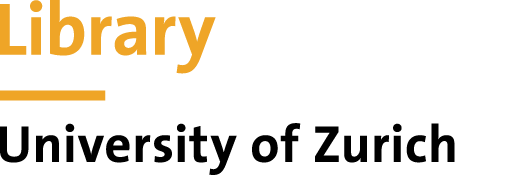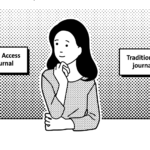
How can Diamond Open Access be better supported in Switzerland? What are the opportunities and challenges associated with scholar-led publication initiatives? These questions stood at the centre of the 1st Swiss Diamond Open Access Conference, which took place in Bern on 8 March 2024 under the title «Acting Together for Sustainable Scholar-Led Publishing».

Diese interdisziplinären Datenbanken rund um die menschliche Gesundheit und Krankheiten können ab sofort und bis zum 15. Oktober 2024 getestet werden. GLOBAL HEALTH combines the resources of two internationally renowned databases – the Public Health and Tropical Medicine (PHTM) database,…

For some years now, the open access transformation has increasingly focused on strengthening authors’ rights. 2023 has brought some developments in Switzerland.
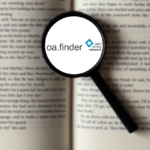
oa.finder assists UZH researchers in finding suitable journals to publish their manuscripts open access.

For 6 weeks, our exchange intern Ning Jiang from the USA got to know the University Library Zurich from the inside. In this blog post, she describes her experiences.
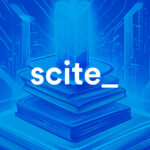
UZH members now have free access to the AI tool Scite.ai. It makes it much easier to find and evaluate content in academic papers.
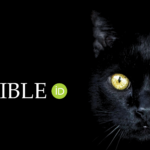
The ORCID iD is an internationally recognized identification number that connects researchers to their research outputs. It can also be linked to the UZH Repository ZORA.

During the International Open Access Week, academia around the world is focusing on scholarly communication. In this context, twenty UZH-projects that conduct open scholarship and make their research publicly accessible presented their work this year. An additional panel discussion between researchers, university management and research support put the spotlight on strategic and infrastructural issues and the future of the open access transformation.
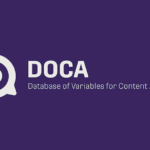
The newly designed Open Access Database DOCA compiles, systematizes and evaluates relevant content-analytical variables of communication and political science research areas and topics. The database is accompanied by a recently published Open Access Handbook. With the publication platform HOPE, the creative considerations of DOCA could be realized.
